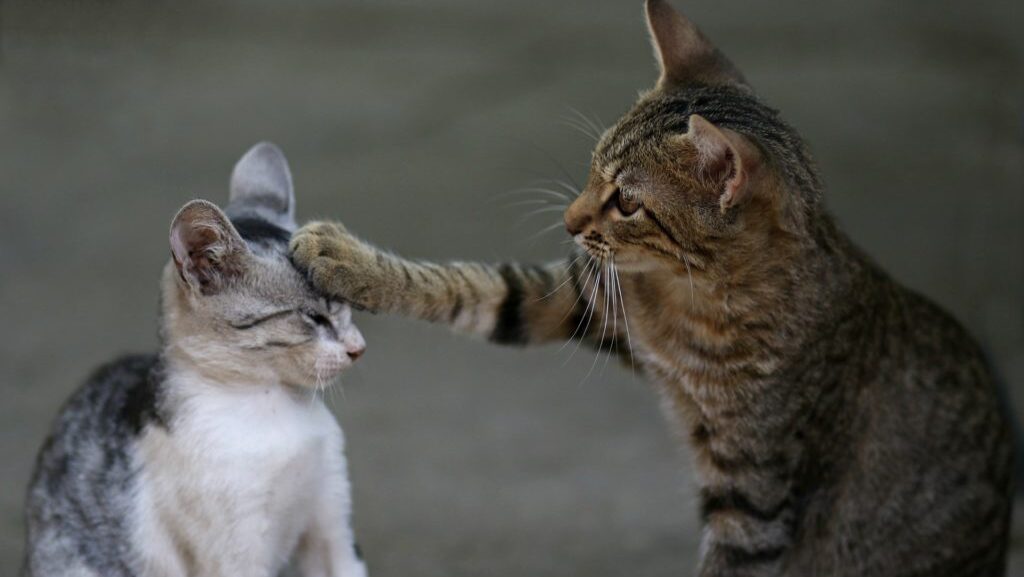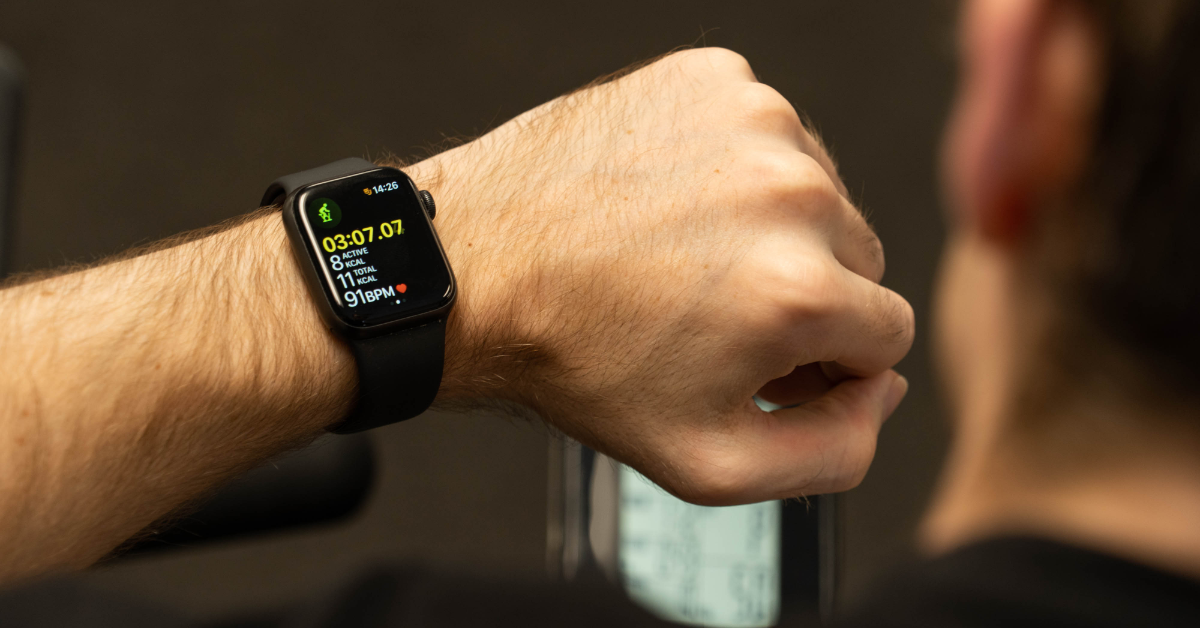As with many goals that we struggle to attain, we tend to go after them in a way that blocks our success. Quite often I find that individuals who quest for more self-esteem — more internal security and confidence — actually get in their own way. Typically, they are prone to measuring and judging themselves against others.
Such individuals attribute more confidence to others and arrange to always fall short in their comparisons. They see their vulnerability as a weakness and try to mask it. That is the source of the problem. We are all vulnerable and insecure in one way or another. When we accept that vulnerability and no longer seek to hide it, we are actually strong!
The person who tries to act strong or confident may well be masking their concerns and doing so serves to exacerbate the problem. We do this when we are more concerned by what we think someone else thinks of us than coming into acceptance with our own self.
Interested in bespoke marriage and relationship counseling from Mel Schwartz? Reach out!
The Paradox
There’s a paradox here. Embracing your vulnerability and no longer hiding from it means that you’re no longer concerned about others’ judgment of you. When you act in such a manner your relationship with yourself surges. This is strength and confidence!
The more you do this the more you will actually grow in confidence. So the paradox to being more confident is that you need to accept and embrace your frailty, and, then, your confidence will likely grow. If you try to disguise your insecurity, you betray yourself and stay mired in insecurity.
Some years ago I was giving a talk on this subject and an elderly woman in the audience raised her hand and timidly asked, “I have a fear of public speaking, what should I do?” I went to her seat and escorted her up to the podium. I guided her to the microphone and asked her to share her concerns once again with the audience. She once again articulated her fear. I then asked her how she was feeling. A smile came to her face as her tenseness retreated. “I feel much better now that I have nothing to hide,” she offered.
She had engaged the paradox of confidence, released her fears and grown in the process.





This is a challenging concept because it seems non-rational.
We need to look deeper into the words and ask–What does it truly mean to be confident? It requires being comfortable with your vulnerability. When you embrace your insecure side and don’t judge yourself, there’s a greater likelihood that you will evolve and become more confident.
At the core it’s not so much about feeling vulnerable as much as what your relationship is with your vulnerability. Do you nurture yourself or judge yourself? Confident people tend toward the former.